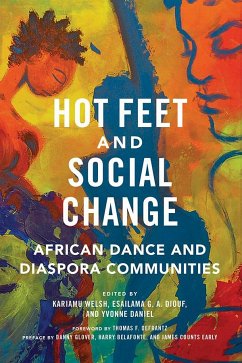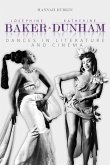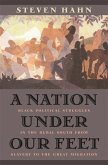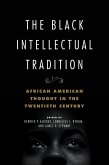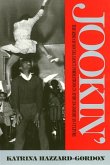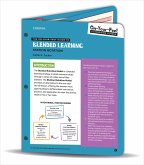"African dance has a long history in the United States: Asadata Dafora, a Sierra Leonean, had a successful run on Broadway with "Kykunkor" in 1934, and he was one of many artists who, in the 1920s to 1940s, concertized and stylized what we have come to know as African dance. Many African dance specialists remained in the States and taught dance, which began a renaissance in African Dance across the Americas in the 1960s, particularly in the U.S. As a result, the last fifty years have seen an explosion of African performances, choreography and courses in academic institutions and cities across North America, South America, and Europe. Still, there is little information available on African dance per se and some artists and teachers, while well intentioned, disseminate within performative information, myths and falsehoods that continue to characterize African dance as undisciplined, ahistorical, and with scant technical skills. This collection brings indelible stories of African dance as it exists within major cities across the United States, demonstrating the power and considerable influence it has in awakening identity, self-worth, and diverse community respect. It alerts readers to the revealing research that dance investigators have completed and are pursuing--for example, analyses of the aesthetic components within African dance movement, the relationships between the musical and movement elements of African performance practices, or the differences between African and Diaspora usage of improvisation. And it represents traditionalsts, neo-traditionlists, artists, teachers and scholars as they tell their stories"--

